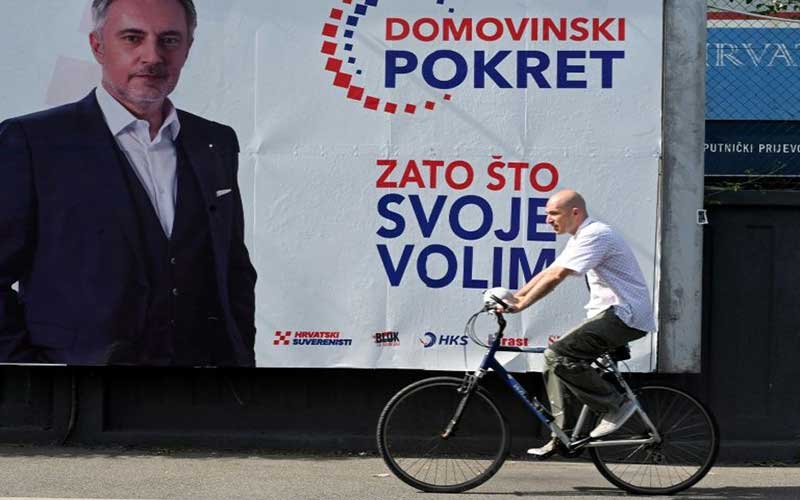×
The Standard e-Paper
Fearless, Trusted News

Croatians will choose a government to navigate the ongoing coronavirus pandemic in a general election on Sunday, after a campaign dominated by the health crisis.
The pandemic has put the country's tourism-dependent economy on course for a contraction of nearly 10 percent -- its worst fall in decades.